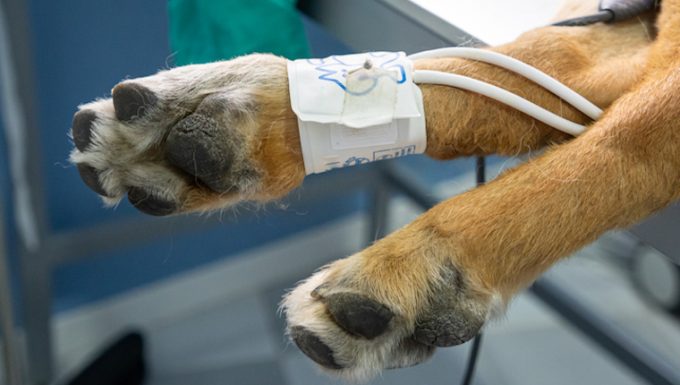Systemic hypertension in dogs is a form of high blood pressure. The condition affects a dog’s entire body and can cause a range of symptoms.
The condition can be both primary and secondary. Unfortunately, the cause of primary hypertension is unknown. Secondary hypertension is caused by an underlying condition.
Technically, the condition is different to pulmonary hypertension. That specific condition…









